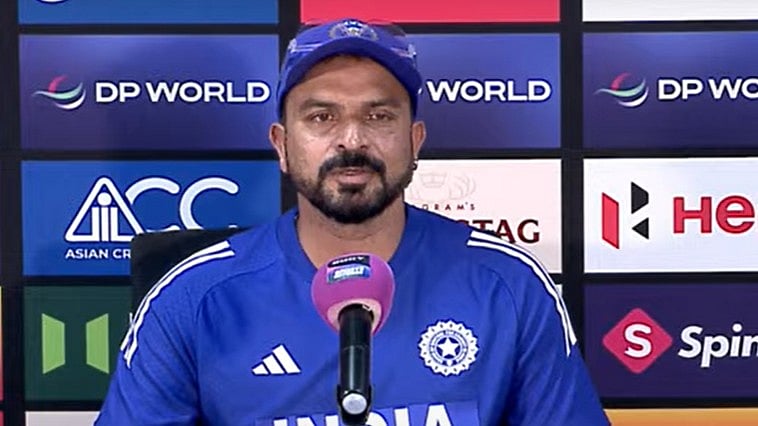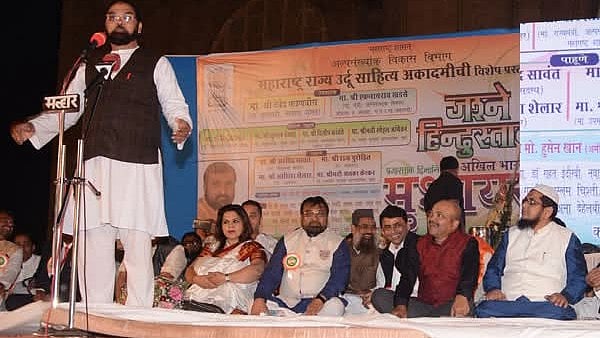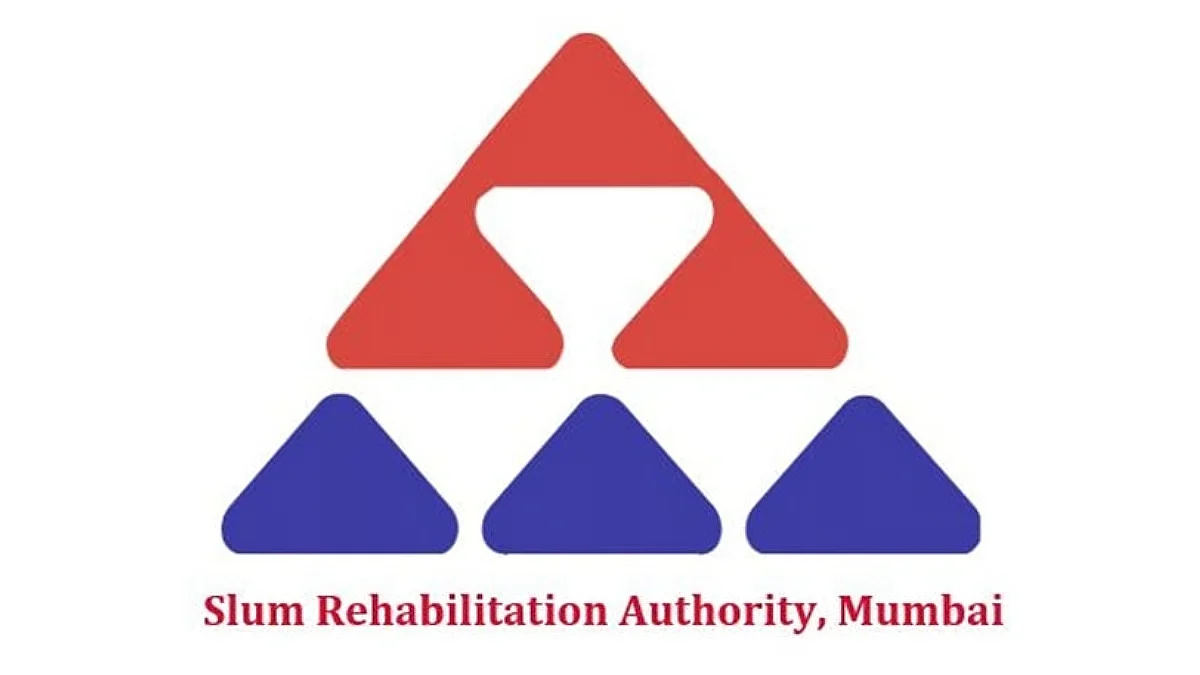Mumbai: In the midst of escalating pollution concerns in Mahul, the Brihanmumbai Municipal Corporation (BMC) is considering relocating those displaced by its various projects. Following Bombay High Court's directive prohibiting forced rehabilitation, the BMC has decided to assess the air quality in Mahul.
A senior official from the BMC revealed that correspondence will be initiated with the Maharashtra Pollution Control Board (MPCB) for this purpose. The decision on rehabilitation will only be made after receiving the air quality report.
The BMC is currently executing several projects, including new bridges and road widening, which necessitate the resettlement of affected individuals. However, Mahul's industrial area, home to several chemical companies, suffers from high pollution levels. This pollution has led to severe health issues among residents, including tuberculosis, asthma, skin disorders, and even cancer.
Despite repeated protests by Mahul residents, neither the state government nor the BMC has taken significant steps to control the pollution. Consequently, there is a demand for relocating the displaced persons to safer areas.
The BMC's ongoing projects have created a need for 30,000 houses for project-affected persons. However, the tenders floated by the BMC received bids for only 22,000 houses, with construction initiated for 12,000 of these.
In 2021, the state government had decided to allocate some houses in Kurla Premier for those affected in Mahul. However, the necessary repairs to these houses have not been completed. There have been persistent demands for housing in other parts of Mumbai.
Previously, the court had also directed that forced rehabilitation of project-affected persons would not be permissible. As a result, the BMC is now seeking a resolution.
The primary concern remains the pollution caused by the companies operating in Mahul. A senior official disclosed that the BMC has decided to evaluate the air quality in the area and will collaborate with the MPCB for this assessment.
Additionally, a committee from the health department will be established. A decision on rehabilitation will be made based on the findings from these two reports. If there is an improvement in air quality, rehabilitation will proceed; otherwise, it will not.
The National Green Tribunal had previously submitted a report highlighting the pollution issue in Mahul. Following this, the court had instructed that alternative and safe housing should be provided to the affected individuals.
The BMC is currently working in accordance with these instructions. At present, Mahul has 17,000 houses, with 5,800 families residing there. Housing has also been allocated to police personnel and others. Some families are being relocated to SRA projects, including an SRA project in Malad.








